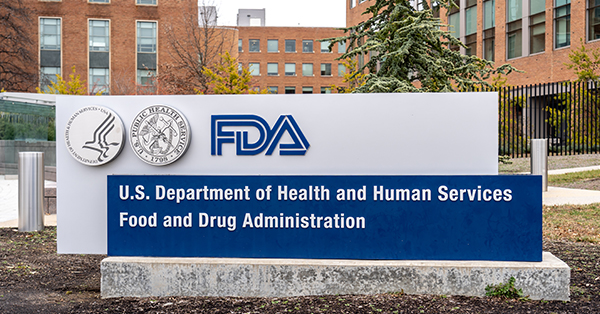– The best resource for monthly healthcare regulatory compliance updates. Compliance Updates: April 2024 Overlook: Licensure Compacts Other Legislation Board Updates Interstate Medical...


What Happens to Providers on the FDA Debarment List?
The U.S. Food and Drug Administration maintains a list of persons and individuals who are debarred, meaning they are effectively forbidden from working in the drug industry. The FDA adds an individual to the FDA Debarment list when the person has been convicted of a crime relating to a drug product.
Similar to OIG Exclusions, which prevents an individual from providing care to beneficiaries of a federal health care program such as Medicaid, the FDA debarment list prohibits those on the list from practicing, but the debarment applies to the pharmaceutical industry rather than Medicaid, Medicare, and other HHS programs. Individuals on the FDA Debarment list are barred from employment with any drug company in any capacity.
What’s the Difference Between Mandatory and Permissive Debarments?
Debarments can be mandatory or permissive, and debarment periods can range from several years to a permanent debarment.
Mandatory Debarment
If a person or individual is convicted for a felony relating to the development, approval, or regulation of a drug product, they may no longer provide services. Mandatory debarments are usually permanent.
Permissive Debarment
Individuals convicted of federal misdemeanors or state felonies may be debarred for a period of several years. This can also be the case for conspiracy to commit a misdemeanor or felony or aiding another to do so. Debarments can also include corporations or associations committing felonies, participation in acts that are a basis for a felony, a pattern of violations, agents who failed to report illegal conduct, and other offenses.
How Often Should You Perform an FDA Debarment List Check?
The FDA expects medical staff to perform an FDA debarment list check whenever the following occurs:
The FDA also maintains the following lists:
You can perform an FDA debarment list check on the FDA’s website. You should check both the main list and the updates to the list for the most recent additions.
Since organizations applying for drug product approval must first certify they will not hire debarred persons or individuals, they must regularly perform FDA debarment list checks. If you do hire a debarred person, you could face up to $250,000 in fines per individual or $1 million in fines per organization.
FACIS® (Fraud Abuse Control Information System) performs not only FDA debarment list checks but also screens individuals against federal and state sanctions, exclusions, debarments, and disciplinary actions searching for potential matches among thousands of primary sources. The FACIS data platform protects health care providers and organizations against legal and financial risk. Verisys makes monitoring these exclusion lists easy, accessible, and accurate allowing you to maintain compliance.
Learn more about how Verisys can assist your HCOs in meeting all government and regulatory standards.
 |
Written by Verisys Verisys transforms provider data, workforce data, and relationship management. Healthcare, life science, and background screening organizations rely on our comprehensive solutions to discover their true potential. Visit verisys.com to learn how we turn problems into power.
|